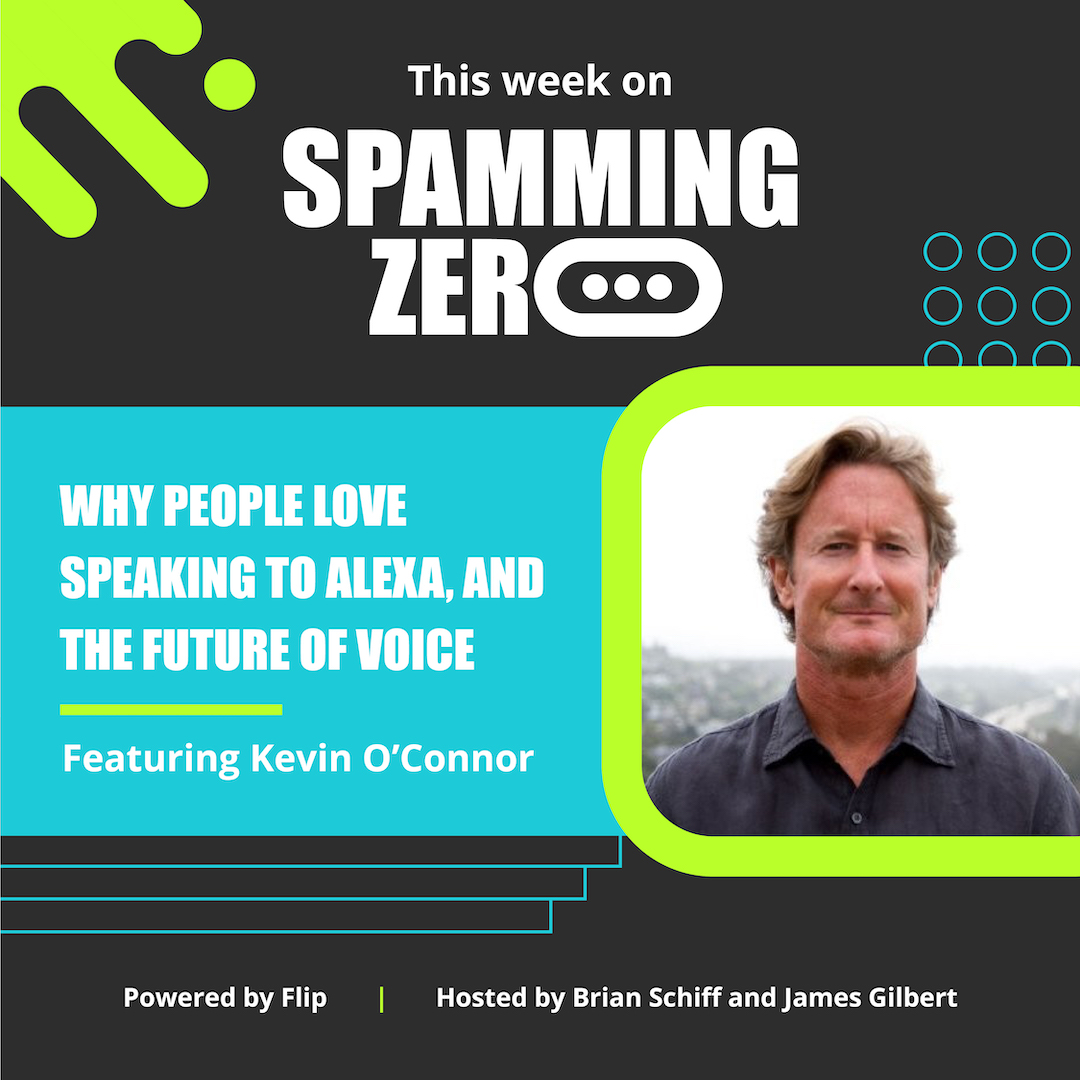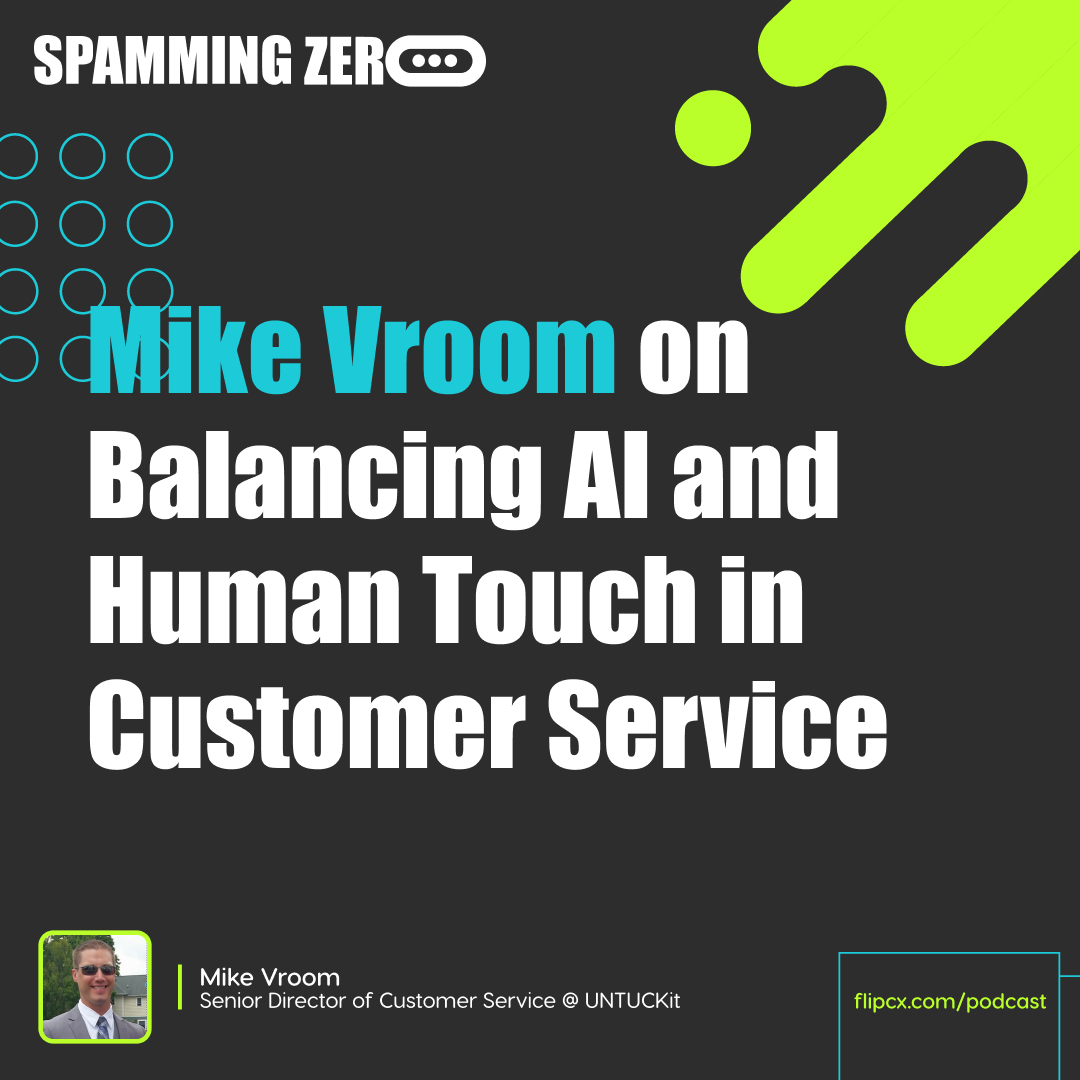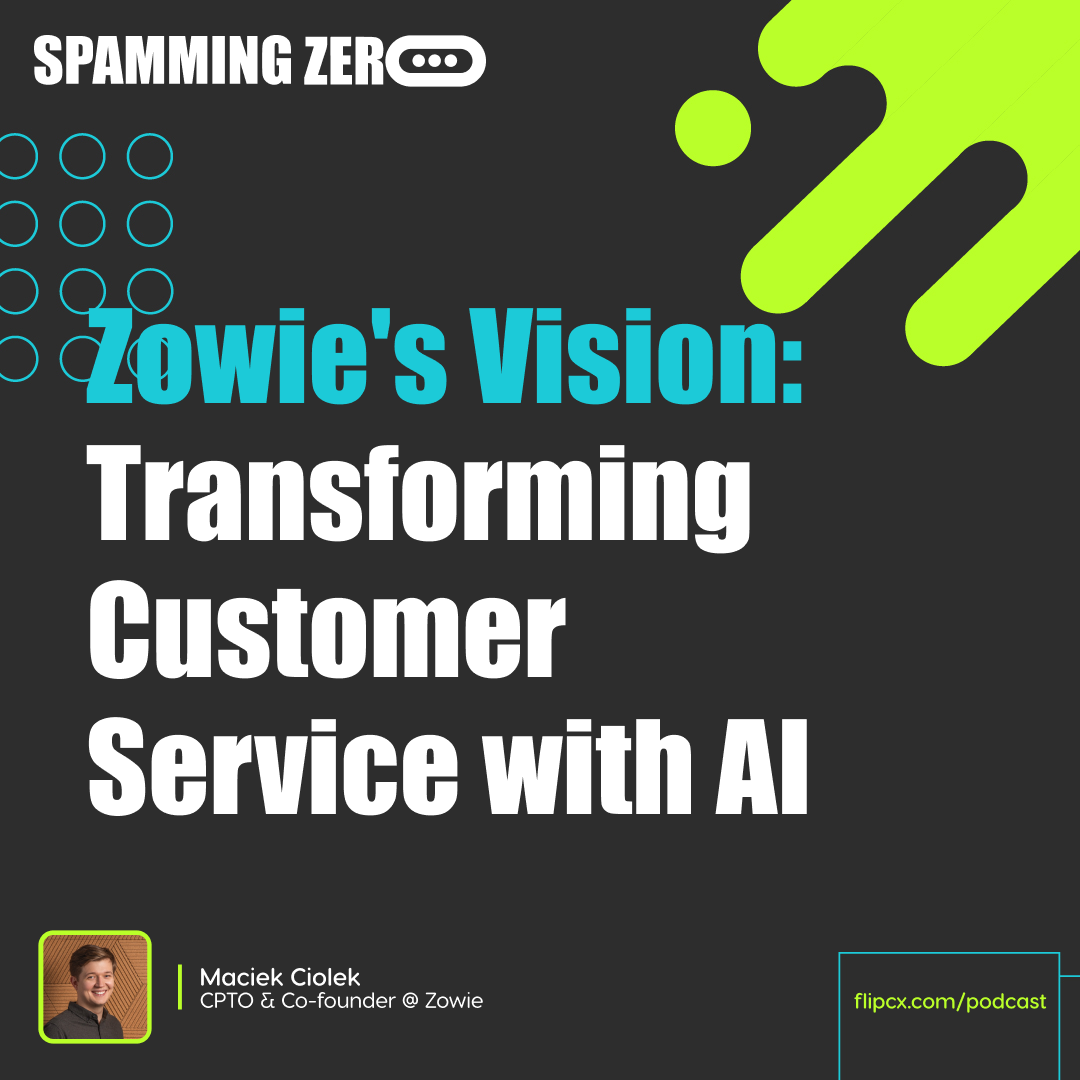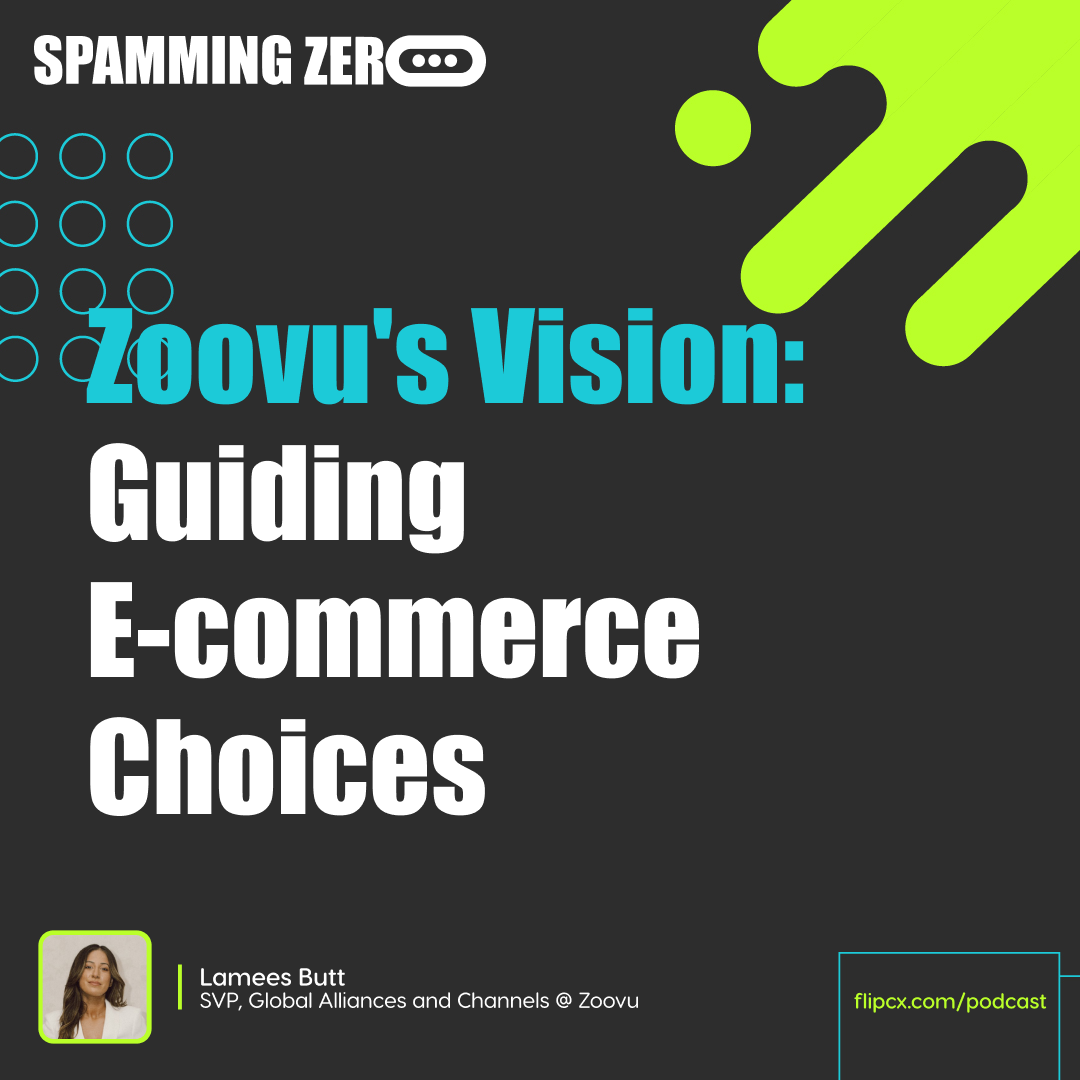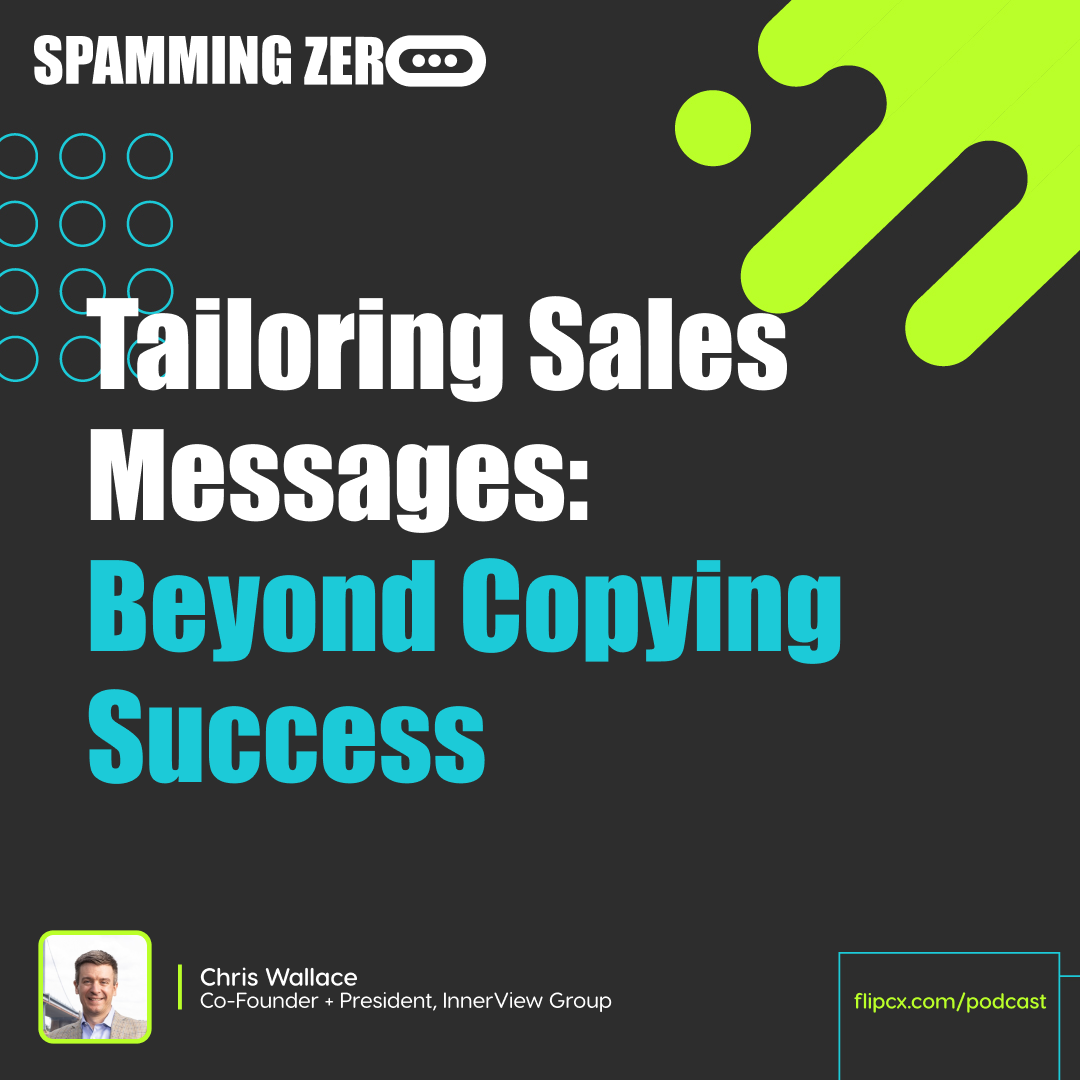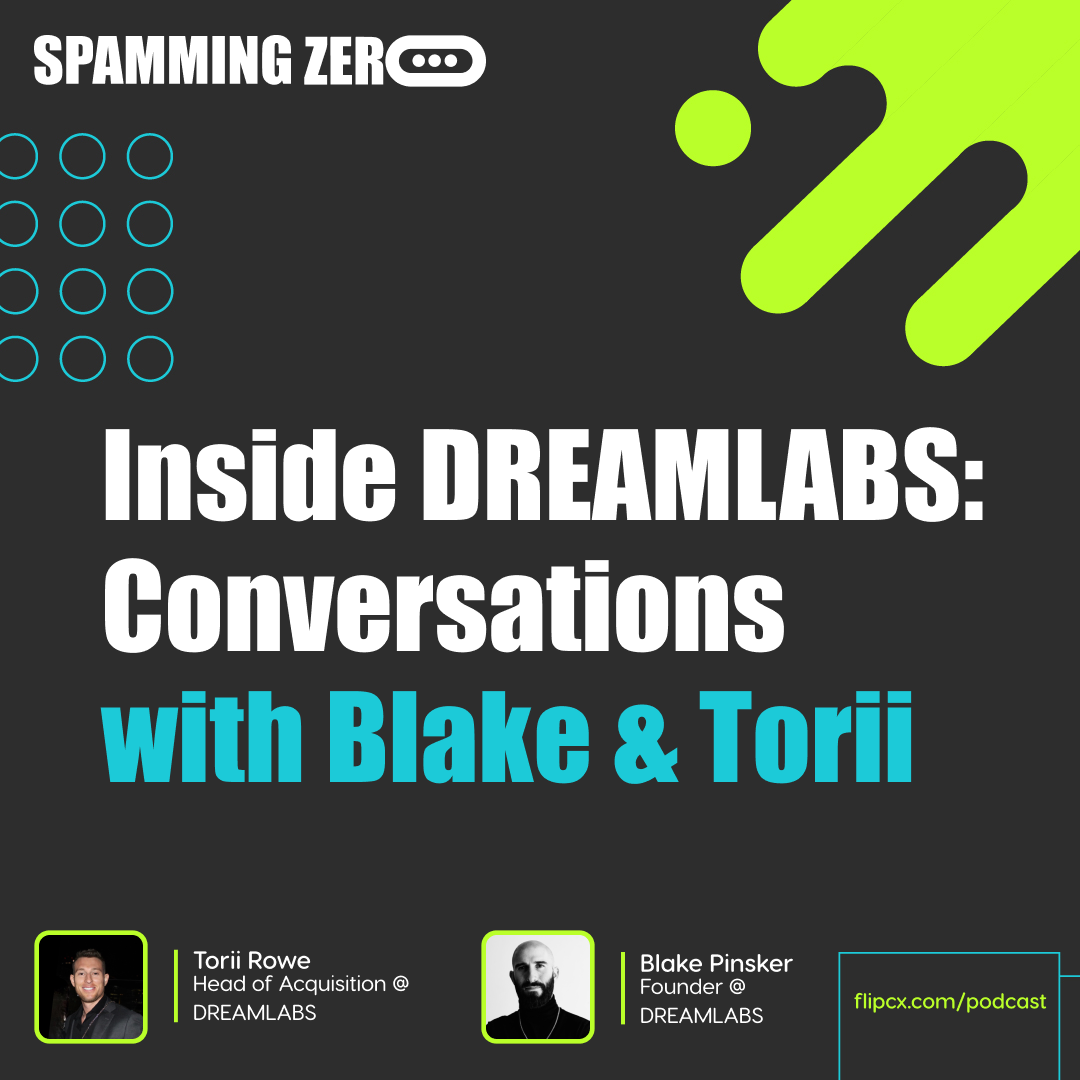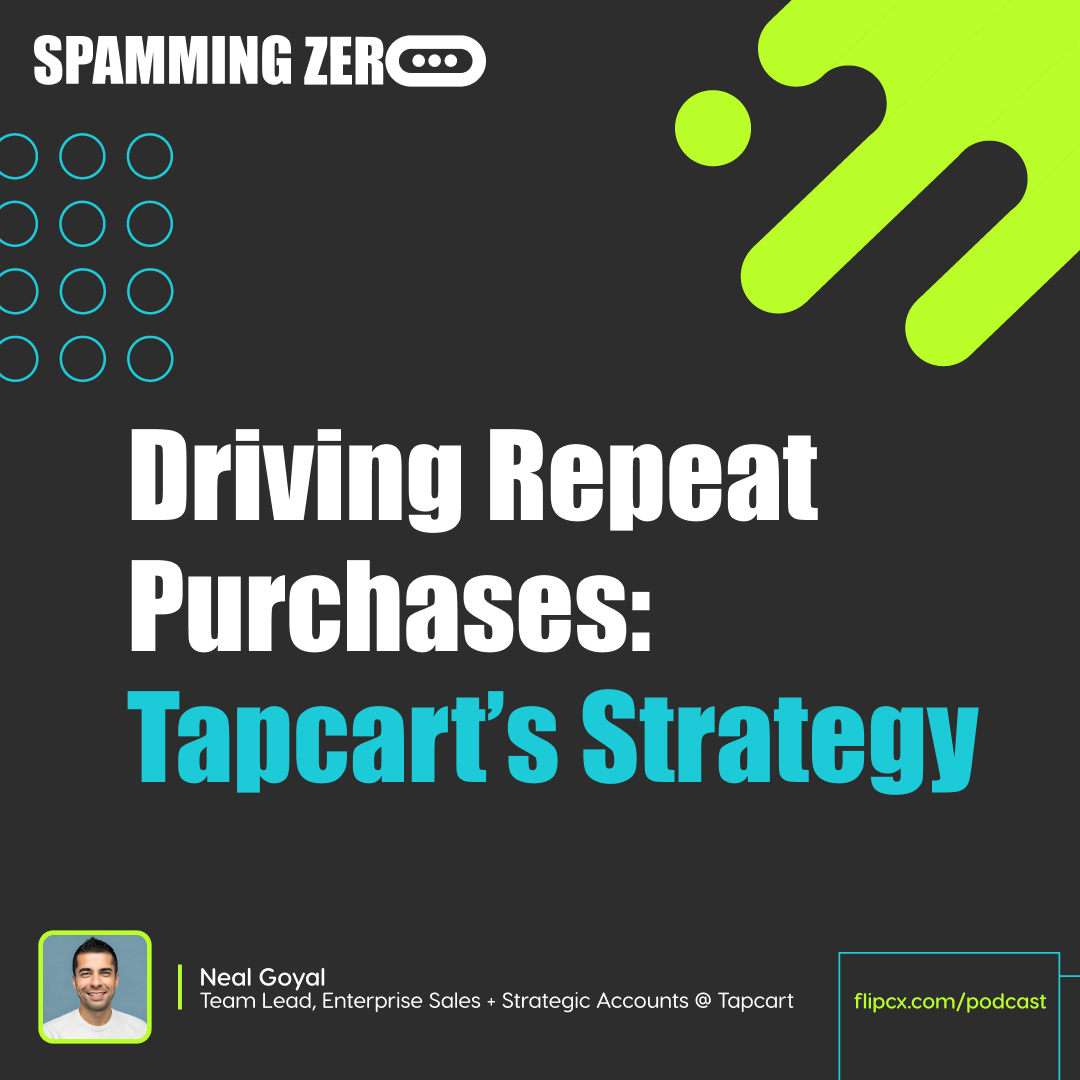Episode 6: Why People Love Speaking To Alexa + The Future Of Voice
- 0.5
- 1
- 1.25
- 1.5
- 1.75
- 2
James: I'm James.
Brian: And I'm Brian.
James: And this is Spanning Zero. Hello, everyone. Welcome to another episode of Spanning Zero. Today, we are going to be joined by Kevin O'Connor, who is a managing partner at ScOp Venture Capital. He's also one of our investors and one of the creators of Amazon Alexa. Yes, that's right. One of the best voice products on the planet. He's also the previous CEO at Double Click. And today we are going to be talking about voice automation and how Alexa was built. And he's maybe going to give you a little bit of a flavor of what it's like to hire right now as a VC. So we always like to ask our guests some really random, weird questions at the very, very beginning, just so they can put a little bit of a human feel to who these amazing people are. So you're being introduced to 50,000 people in a big stadium. What is your intro music?
Kevin O'Connor: Baba O'Riley by The Who.
James: Yeah.
Brian: I love that.
James: Okay. So obviously the audience is going to be very, very interested in this topic because everyone wants to know how Alexa was created and how it was done. You have a significant experience here. How did you approach AI with Alexa?
Kevin O'Connor: Wait, you may overstated it about me creating Alexa, we did not. What we contributed to mostly is what most people are familiar with Alexa, are people being able to speak to Alexa, like a human. Alexa understanding what they're saying and then getting a human like answer. So we'd answered most of the questions, of course, all the correct ones. We had some pretty bad answers sometimes, but generally we're about to understand... helps what people are asking. So trying to understand intent, what do they really mean? And then giving them an exact answer. That was our contribution.
James: Can you dive into the history of AI a little bit? And you have some big context there. Can you give us like the history of AI a little bit and how you guys have approached that from a human perspective?
Kevin O'Connor: I mean AI was big 40 years ago, 30, 40 years ago. That was the rage. Computers taking over the world. Lots of movies came out of it. A lot of PhDs of AI. And then the joke became, AI is what computers... everything that computers can't do, AI could do. So, it became a joke and everyone got rid of AI off their resumes, because it was over hyped, never delivered on any of the promises. And so there was a very long winter, very long, cold night for AI. Nobody ever put AI or machine learning, really it was kind of machine learning and GPUs that sort of made a lot of this possible. Now AI quite honestly, I mean almost every business plan we get has obligatory and we do AI 99% of the time. Well it depends what you call it, most of it is like in the future, they're thinking about it. RedRound was actually one of the first companies we saw, actually had a great AI application. But look, a lot of people think... In some ways I think Alexa is pretty close to passing the touring test where people think of Alexa as a human. They yell at her, they say," I love you." And they ask her personal questions. I mean, it's kind of bizarre. And quite honestly, a lot of it, it's not using deep learning, it's using whole heuristics of approaches. Everything from just exact match. If someone said," What time is it?" You don't need AI to figure out what their intent is, what time is it give them the time. So we take a broader, broader view of AI that it is a tool in the toolbox, but anything where humans can interact with a computer as humans would interact with a human. And I think, look, most of my career, I spent in technology and it was always, how do we get people to speak like a computer because computers were kind of dumb and kind of slow. And so we're always trying to get them to speak like a computer and now we kind of pass where it's they go freaking about that? Let's have computers speak like a human, have humans speak to computers like they would as an other human. And I think that's, to me that's been the fundamental shift in AI over the past five years.
James: I always juxtapose the old automated voice systems, IVR systems of the last 25 years with new voice products, right? Which Alexa is at the forefront of, and to me, the very simple discrepancy that exists is people hated speaking with the old IVR systems and people go out of their way to purchase and interact with these new voice products. So do you attribute it to that? Is it this, Hey, we're going to understand more things and we are going to respond in a more human way as the AI, as the device on the other side. Is that? Or is it more than that for respective?
Brian: And look, IVR was sort of the first, first way of sort of automating customer service. So there's finite number of questions that people ask, they ask the same question over and over again, in some ways IVR it was the worst of all systems because the interface was a touched tone pad. So it was incredibly limited, pretty painful, but it wasn't bad. I mean it was, if you had a common question or simple question, it was kind of easy to do, but it was painful, right? It was the best solution for the problem at the time. Now with the advancements of NLP or natural language processing you can understand people's intent. You can take you're not limited to sort of like eight options you're limited to, but you're not limited to anything. It's how well can you understand someone's intent, and then having access to the answers. The company that I ran last time, that Amazon ball was called graphic at our whole approach to AI, the approach to AI before was try to understand human language. We didn't take that approach. We took that complete opposite approach. We took... I called the jeopardy approach. In jeopardy, they give you the answer, then you create the question we built where the world's largest knowledge graph so we had the answer. And so when you have the answer, it's very easy to figure out what question may look like. And so the same thing goes with RedRound approach is the answer is sitting in the Shopify database. The answers are where is my order? When's it going to be delivered? What is the refund policy? I mean, all those are answers and they'd be able to figure out how were the hundred different ways that somebody could phrase the question and then just simply to understand what their intent is and then give them the answer. And that kind of blew people away from... And that's where we loved about RedRound, their approach. It really took a lot of companies, Google and Apple who are all sort of going down the deep AI route, if you don't have the answer, who cares if you understand what their intention is. It's like, okay, I understand what you want. Sorry, I can't tell you the answer.
James: Right? It's almost like let, let's build backwards from the problem that we're trying to solve rather than building forwards from like, Hey, let's build awesome technology that you need to deliver on the use case.
Kevin O'Connor: And natural language processing, sort of in the academic bureau, PhD, you get hung up on these edge cases where, and people obsess over the edge case. And there's a lot of ambiguity in communications and oftentimes, how many times do you answer a question wrong to somebody? Or you think you answer the question, right? But the person had a different intention. And so they obsessive with these things. And it's just, if you probably know what they want and you have the answer, you're probably going to get it right. I mean, life is all about probabilities.
James: It's so interesting to me because like the whole premise of this podcast when Brian and I were coming up with the idea was the idea of like, spaming zero, right? Like you go and you call support and you're trying to like hit zero to get to a human. And yet so many people that we talk to that want to go through that experience of trying to get to a human or nine times at 10, the core reason why they're trying to get to a human is because they think that their answer to the question is going to be answered much quicker by the human than it would be automation. And that's a fundamental flaw that we believe in, right? And we think that we can solve or is because if you think about it, if you're getting on that phone and you're, you're going through the phone line now, all of a sudden you're waiting 45 minutes. This literally happened to me just the other just the other day. True story.
Brian: Oh, story time.
James: It's right in our own father's day, I'm taking my family to an awesome lake called Lake Powell, super excited about it. But my son is getting ready to have surgery. He just actually just added a few days ago and I have new insurance, so I call my insurance company up and I'm like, look I need some, some help figuring out making sure that this, that this is all going to be kosher and it's going to work okay. I get along the phone. I just need a quick answer. Just a quick one. Have you verified it with the hospital? That was it. And they could have said yes or no. And I spent my time on the phone for 45 minutes getting the first line of defense. The first line of defense then got on the phone with me and got my social security number, they got my date of birth. I mean, we're talking about very, very personal information and it was not just a few. It was like six different things that they had to give from me, just to then tell me, I'm sorry, I'm going to have to transfer you to another department. So they transferred you to another department who asked me for the same information. And it's all about all the same, really personal information. At this point, I'd given away my credit card information, my social security number, my date of birth all over the phone to six different departments to transfer meed. It was a span of an hour and a half phone call. And all I needed was a yes answer.
Kevin O'Connor: There's two types of customer service, right? You encountered one, which is the insurance company's intention is to not give you the answer. They are incentivized to not give you the answer. We looked at AI company that was to actually navigate these insurance companies because they spend on average 45 minutes to get a simple answer. And the insurance companies don't want to give you that answer because when they give you that answer, then you cost them money. Now, most customer services they want to provide you the answer. They just can't. They don't have the people, they don't have the money, it's too expensive, and it's just painful. I've had like one good customer service experience in my entire life. It was a little credit card company. And it was funny cause I was so proud cause I've been, I've been transferred so many times and I finally got this guy on the phone. I said, I know that you're not going to be able to answer my question. He's like, sir, sir, I'm going to make your day. I'm going to answer your question and solve your problems. And the guy did. I was like, and I told him, I said, this has never happened to you before.
James: And that really made him a superhero. A funny little, but I love... We were in the middle of due diligence together, like getting pretty serious coming to a deal. And you, right in that time, obviously customer service was on your mind, ended up calling somebody, having a bad experience. And then you tweeted about it on your personal Twitter page. And I remember seeing that and I was like, wow, that is awfully timely.
Brian: Well for your audience that is the best life hack somebody taught me is that, you wait... I think it was a ridiculous thing. It was going to take hours and hours and hours to fix my internet. And they said, if you just tweet, there's one person that just like monitors the Twitter box. And for whatever reason, companies think that when you tweet the whole world sees it. It's like no one actually sees your tweet. And they overreact to it all the time, but it works. There's some person that's responsible that, they're all worried about the world's going to see it's going to destroy our brand and boom, you get access. Sometimes it goes all the way to the CEO. It's bizarre.
James: There's entire websites that are just built around screenshotting of people's tweets and social media feeds and publishing it for... There's one there's one Brian introduced me to called on hold.com. Is that the right one?
Brian: Yeah. On hold with. com. Yeah. Freaking so I don't even... It's a lot. It's a lot.
James: It's hilarious though. But here's what I will say just to counter that a little bit, the ramification of a bad tweet can actually be very exponential if it does get in front of an audience, right? It could be.
Kevin O'Connor: It could be, but probably won't be. You yelling at a customer service rep or them saying something it's insulting to you is it's private. It's not going to go anywhere. Yeah. Twitter could, but probably won't. People will react to it.
Brian: The tough thing with some of this, we obviously get some, some good laughs here on the podcast at some of the challenging customer experiences that people have with support. But really it's like, look, it's been kind of an impossible puzzle, right. To run it at the scale that these businesses deal with in a fully manual fashion where you're literally going to every single touchpoint is going to be manual, like that just becomes so unwieldy and then you just see issues start popping up in every dimension, right? Obviously there's the customer stories, which you hear about there's the issues with agents, there's all of that boils up into disappointing metrics for the company itself internally, but it's, if you're getting hundreds, thousands of requests coming in every day and the only way that you can deal with it is to build an army of people that are going to solve it, that is just that is a really tough game. And as much as it's fun to poke fun, it is tough. And I am really excited for obviously what we are doing, but what a lot of companies are doing to kind of take that step in really meaningfully automating the channel and unlocking a lot of this and letting every layer of that... Everybody that's touching it kind of get freed from it and get to a more powerful position. So is it's a little bit of a juggling.
Kevin O'Connor: And look, the promise of the technology world often has left a lot of shatter dreams. The tech industry tends to get ahead of itself and they make a lot of promises just take like chatbots. Chat bots were going to be... We've looked at so many chat bots and they're just, haven't seen a good one yet. I mean, they're just terrible. They just don't deliver on the promise. For us, one of the most exciting things is because we understand that's only into processing so when we know it's possible, and the reality is that most customer service questions are the same. They're just this 90 pre principle, 90%, 80% are the same and they're pretty simple. And so be able to knock that off and to give quick, instant response, people would much rather talk to a machine that they oftentimes don't even know it's a machine, but, and they get high, the same or higher CSTA ratings as the humans do. So people are, are skeptical. They should be skeptical, but they have to look at technology. It's very valuable. And they should, I mean, everyone who doesn't have Alexa or used Google, or you Siri, eh, I'm pretty luke warm on, but they know that it's possible.
James: Shots fired shots fired.
Kevin O'Connor: I mean, Apple was very dogmatic. There was a kind of a huge flight in that, a huge fight within the company itself where AI was going to be everything AI, AI after AI. But they weren't willing to get the answers. And they just kind of went down this path. AI is not the answer to everything. You look a lot of what RedRound does. It is AI, but you know, there's, is it using deep learning? No it's understanding what humans want. It is. It is responding to people in a language they understand.
James: I'm just curious, because now it has mean thinking down a completely different rabbit hole, as Brian knows that often happens with me. So I'm curious, what does the future of voice in your mind look like?
Kevin O'Connor: It was always a big debate within Alexa and I think people got it wrong. Look, there was... You go back like Ray Kurzweil who came up with, I think Dragon where the first voice to text systems. And there was always this feeling like voice was going to become the standard IO for computers. I was like, I don't think so. It's just, it's not that efficient. It's loud. When you talk it's loud, it just not very efficient. So you really got to look at what we would call voice forward applications, where voice is just better. Like when you're driving a car and you need directions, voice is just better. And you're obviously calling someone on the telephone, voice is voice, it's just better. So voice is not the answer to everything, but it's a, I don't know, it's probably 10, 20% of the IO will get to voice. But some people would pitch us ideas about doing voice for calendar and scheduling. It's like, I could barely do that with a computer it's so complicated and so many different... You couldn't do that with voice. It's just a dead end. And you had to be... Could you imagine sharing the responses complicated exp... It would just be too painful.
Brian: I agree with you a hundred percent, right? It's obviously still early innings for voice. I always say voice today is like the web in whatever, late nineties, early two thousands. But it's about understanding what are the things that voice is uniquely good at, right? You want to understand what makes voice uniquely good as an interface, as opposed to the other red channels, ways of interacting and then say, okay, where's that unique benefit appreciated and start to match up the affordance of the technology with the problems in the world. And there you'll find the good ones and everything else will live on in other mechanisms.
Kevin O'Connor: I can't... This is always one of these things where I agree with you. The why everyone's not using voice for customer service agents as first line of defense is, it will come. It takes a long time to sort of change and industry. And then it changes far faster, and far bigger than anyone ever anticipated. The same thing happened with the web. We knew the internet was going to be big, no idea it was going to be that big.
James: All right. So last couple of questions. Kevin, you and I, when we were talking about what to talk about, I asked you a question that I found your response very interesting. I asked you why you think a common experience that needs work right now. And one of the things that you had mentioned is the hiring process within companies. Especially with what's happening in the economy and things that are happening right now. I'd love for you to expand on that from a VC's perspective and from your own personal point of view on anyone who's listening to this, they can maybe take some advice from somebody like you on how to make their hiring process more efficient.
Kevin O'Connor: We're going through a very weird employment time. We always keep hearing there's 10 million open job positions, no one filling it. That's a very odd situation. I actually think those 10 million jobs is contracted quite a bit. I think people are now, whether we're we're in a recession, there's a high degree of probability we're going to hit a recession. So I think people are starting to say, okay, wait a second. We're going to freeze hiring. And those sitting on the sideline better get off the sideline because the music's going to stop here. You don't want to be the person without the chair. And so that's going to happen. People are going to freeze and then people are going to start probably getting rid of low performers. I think what's probably good for our company is that, and really for a lot of technology companies I wrote about this is that SaaS companies and technology companies are provide efficiencies and time to recessions, we, they tend to do pretty well because people are looking, how do I make our organization more efficient? Or if you, unfortunately you had to go through, so let's say a layoff of 20% of the people, how do we use technology to replace those people? Customer service agents are, are just, it's a difficult job to fulfill and you can try to offshore it. Quality may go down, but you also have especially with customer service, you have huge peak to valley ratio. It's not flat. It's not like people are calling a hundred calls a an hour. It's probably two and a half times from peak the trough. And so trying to staff for things like that is really, really difficult. So I think people have got to really look internally and I, we recommend our companies is like, look, do what you need, not what you want and to focus on efficiencies right now. This is a good time to step back, take a look, what are we doing? What are we doing as super inefficient? How do we automate it? How do we get rid of it?
James: This is going to be great material for a campaign we're running right now. That's for sure.
Brian: That's what I was thinking about too.
Kevin O'Connor: Another answer for you in terms of customer service agents and recession. So one of the challenges you get with customer service agents is that it's an expense. It's a cost of goods for companies and companies, that drops right down to the bottom line. And it's not seen, people always look at a recession, how do I increase my revenues? Or how do I decrease my expenses? And I think it's probably an area that gets disproportionately hit unfairly because it really does brand damage. It does long term brand damage. So look, people are going to have to come back. They're going to have to maintain the same level of service through technology.
James: What's one thing in the world right now that you think needs to change? Like for me, and I talk about this all the time and like any of my posts is I think one of the most simple and fundamental things that we can all do more of is be more kind to each other. And that is something we all have control and we all can make an impact with. So if you had to pick one thing in this whole wide world, and let's say you had unlimited funding, but, or resources, what is that one thing?
Brian: So my thing doesn't cost any money. In fact, it makes money. I mean, I am an unapologetic free- market person. I think corporations, technology have been blind, unjustly unfairly. I mean, look, there are bad people in the world and they're always going to exist. You're going to regulate those under existence or put them in prison. But generally to your point, I think people are good. I think the people voluntarily buying goods and services from people on, on their own terms. I mean, that is a really positive thing. So I think for whatever reason, and maybe it gets up to what you're saying, people are very distrustful. They're distrustful of everybody these days. I mean, no one trusts government, no one trusts the media, no one trusts corporations, no one trusts their neighbor. I mean, it's a bizarre thing. So I, the free market's too hard for people. It seems like a cruel system, but it's free. It's like I don't... People are voluntarily doing things that they want to do. And I'm a big believer in that. And I think technology gets maligned, there's always this fear it's going to take over jobs and it never does. Technology always makes like, there's only one way to grow an economy. And that is through productivity, increasing productivity, the nor other way. You can borrow and spend and get the growth early on, but you pay for it later on, you get cycles. So technology gives you that productivity, and that means people can shift. Customer service agents can shift into higher level roles. Roles that may be rather than answer the same question over and over again, they can move to more difficult questions and provide a higher level of service. So I'm a big proponent of tech.
James: What a good answer.
Brian: I couldn't possibly end on a more wise note than that.
James: Kevin, thank you so much for joining us on the podcast, Spending Zero of your listening today, we have an episode for you each and every week. Brian and I are your hosts. We promise to breathe edgy fun, and sometimes we're going to make a laugh of cry on that podcast. We haven't yet been able to make anybody cry, but it's probably going to happen. So listen to the podcast each and every week, we'd be happy to take your inquiries and anything like that. So thank you for joining us today.
DESCRIPTION
Love chatting with your Alexa? Stop and think about that for a second…
She’s a robot. But, for many of us, she’s also essentially a member of the family. Says a lot about where we’re at with AI and voice automation technology, right?
We just happen to know someone who can offer some pretty spectacular insights on this very topic. Kevin O’Connor is Managing Partner of ScOp Venture Capital. He was one of the brilliant brains behind the creation of Amazon Alexa, and is a valued partner of RedRoute.
Kevin sits down with our own Brian Schiff and James Gilbert to talk voice automation—past, present, and future—this week, on RedRoute’s Spamming Zero Podcast.
What’s Covered?
- How Kevin and his team contributed to Alexa’s creation
- A brief history of AI: approaching from the human perspective
- The advantages of automation (and squashing misconceptions about it)
- The future of voice
- Making the current hiring process more efficient: a VC’s perspective
- Changing the world (yes, really)
- And more
Ready for more fantastic Spamming Zero conversations ahead? Listen, rate, and subscribe on Casted, Apple Podcast, or Google podcasts.
Today's Host
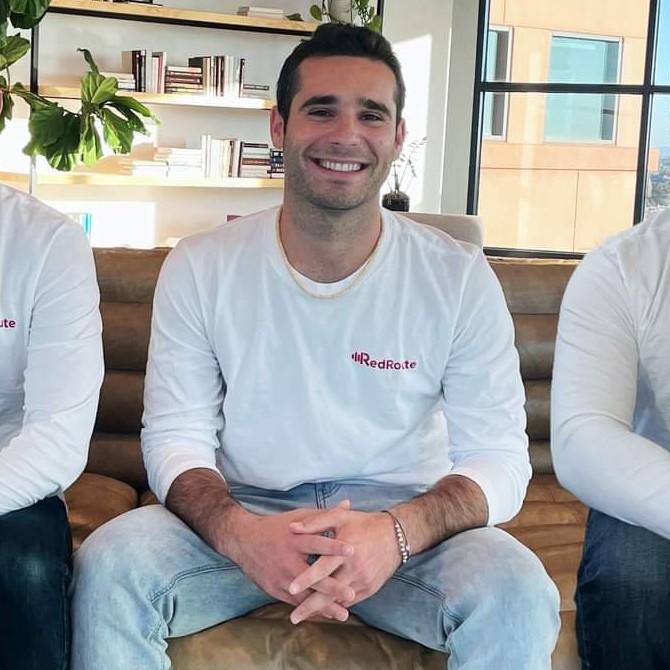
Brian Schiff
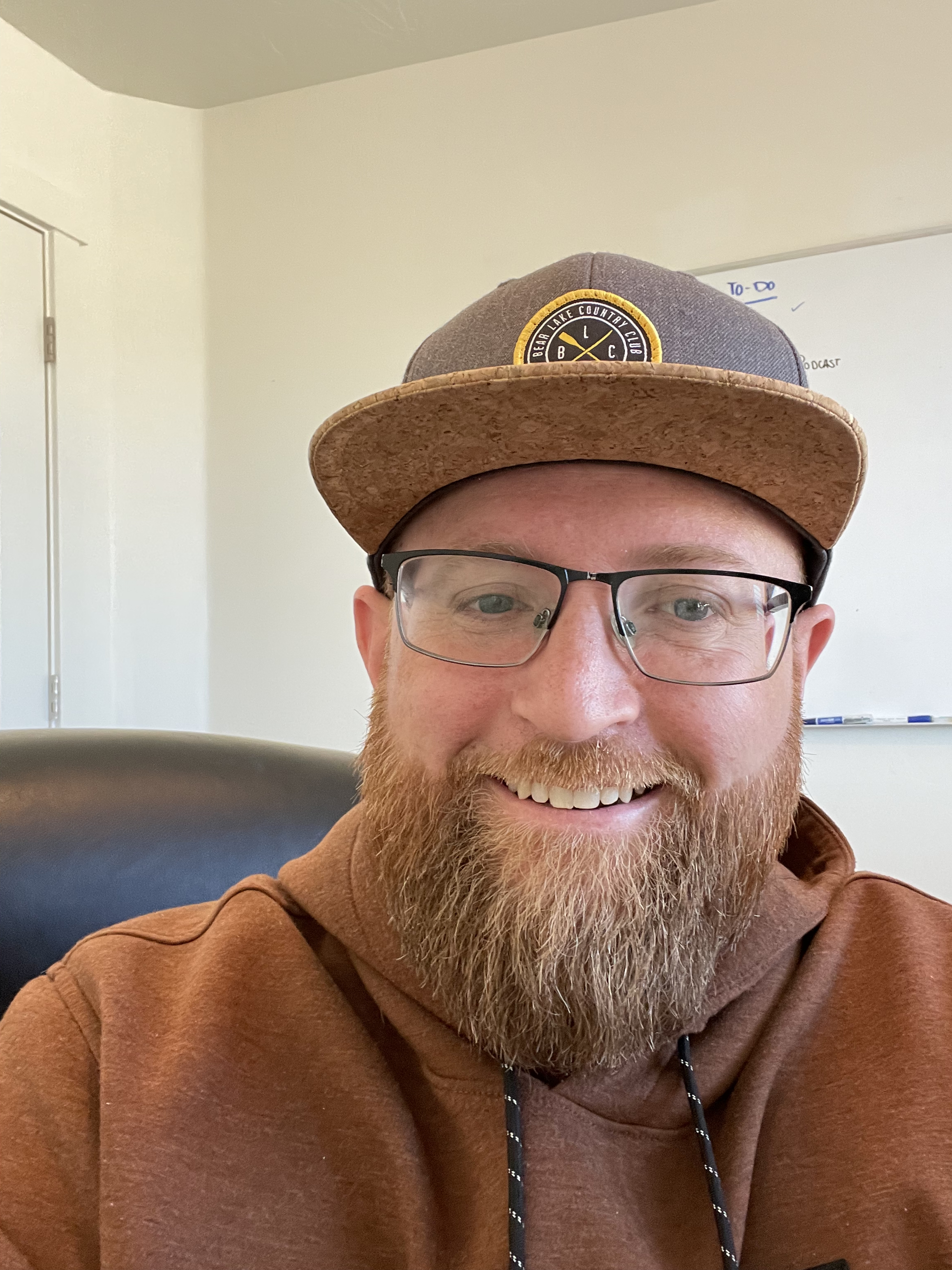
James Gilbert
Today's Guests


